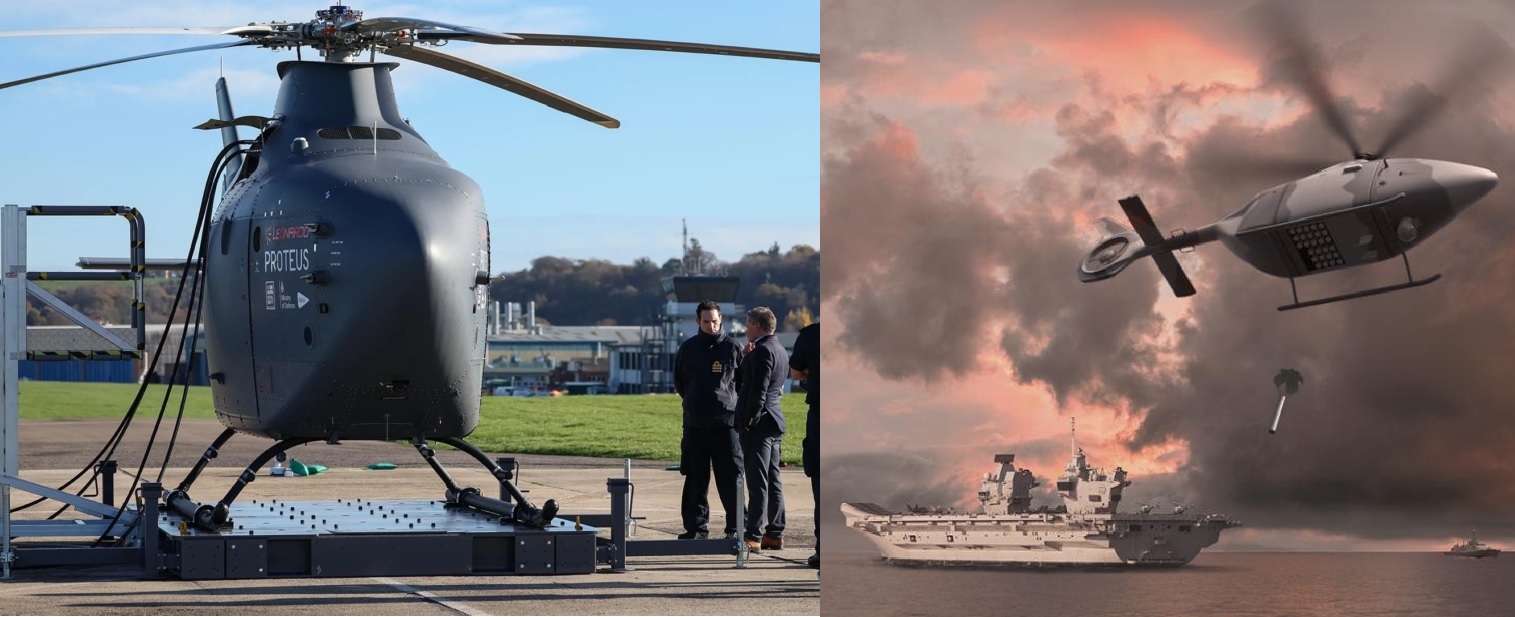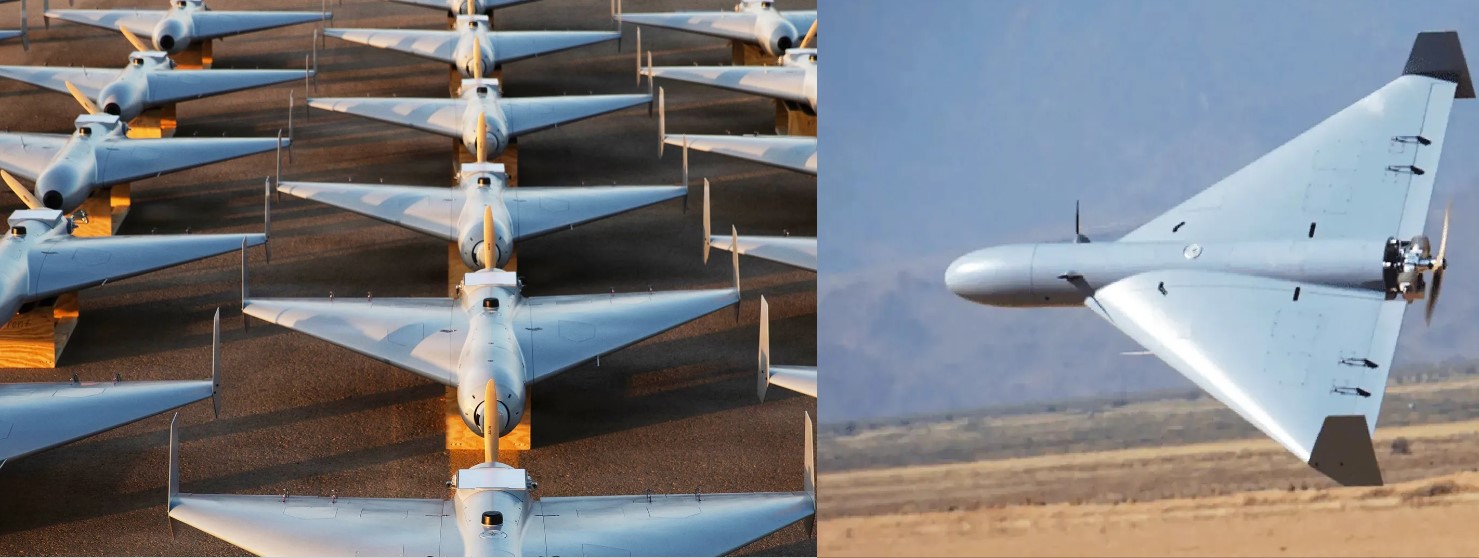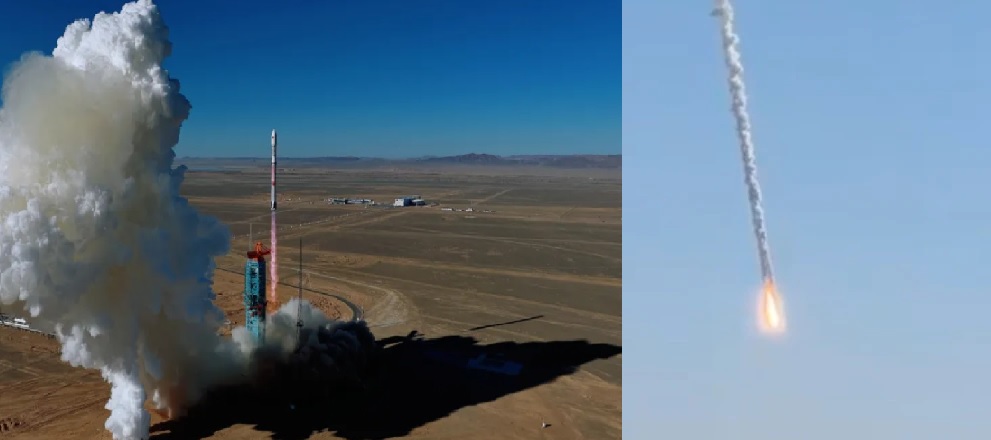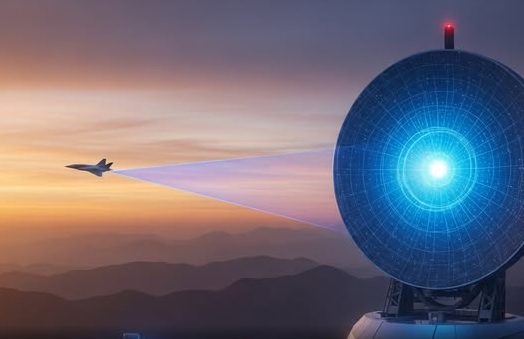Azerbaijan Eyes Slovak AM-120 Mortar and EVA Self-Propelled Howitzer in Broader Defense Industry Deal

Baku is reportedly moving beyond simple arms purchases to deepen its defense cooperation with Slovakia, with interest in acquiring the Slovak-made AM-120 120 mm automated mortar system and the 155 mm EVA self-propelled howitzer, according to policy analyst Fuad Shahbazov. In 2024, Azerbaijan and Slovakia agreed to establish joint manufacturing facilities, signalling that shared production—and not just procurement—may form part of their evolving defense relationship.
Advanced Firepower Under Consideration
AM-120 Mortar
The AM-120, developed by Slovak company ZTS-Špecial, is a truck-mounted automatic mortar system integrated on a Tatra 815-7 6×6 chassis. It incorporates the Lansys fire control system, designed for high accuracy even under battlefield stress.
Key features include:
-
Rate of fire: around 18–20 rounds per minute.
-
Range: from approximately 500 meters up to 8.6 kilometers, depending on ammunition.
-
Operation: the weapon can be fired remotely from within the vehicle’s cabin by a crew of 2–4, or manually from the turret if needed.
-
Turret movement: 360-degree rotation for quick re-targeting.
Carrying up to 60 mortar rounds, the system is built for “shoot-and-scoot” tactics, allowing rapid firing and quick redeployment to avoid counter-battery fire.
EVA / EVA M2 Self-Propelled Howitzer
The EVA is a 155 mm, 52-caliber self-propelled gun-howitzer mounted on a wheeled Tatra chassis. A modernized version, known as EVA M2, has been tested in live-fire and mobility trials.
Highlights of the system:
-
Range: up to 41 kilometers with standard extended-range ammunition, and over 50 kilometers with advanced rounds.
-
Firing rate: up to 5 rounds per minute in automatic mode.
-
Ammunition load: 20 projectiles in its automatic magazine, with additional rounds carried in the vehicle.
-
Mobility: designed for rapid deployment, with elevation angles from −3.5° to +75° and wide traverse capability.
Together, the AM-120 mortar and EVA howitzer offer a combination of short- to long-range indirect firepower, giving Azerbaijani forces more flexible strike options.
Strategic Implications
Shahbazov emphasized that the Azerbaijan-Slovakia deal is not only about acquisition but also about joint manufacturing and technology transfer. Establishing shared facilities could enable Baku to strengthen its domestic defense industry, reduce reliance on foreign suppliers, and ensure steady access to modern artillery systems.
This fits into Azerbaijan’s broader strategy of diversifying its military suppliers by sourcing equipment from both NATO and post-Soviet industries. By combining mobility, precision, and range, these systems would significantly expand the country’s long-range strike capability, particularly against fortified positions.
Outlook
While no official contracts have been publicly announced, the interest reflects a growing trend of Azerbaijani investments in localized production. If finalized, the cooperation with Slovakia could mark a major step in Baku’s push to modernize its artillery forces and embed more advanced capabilities into its domestic defense sector.
✍️ This article is written by the team of The Defense News.






